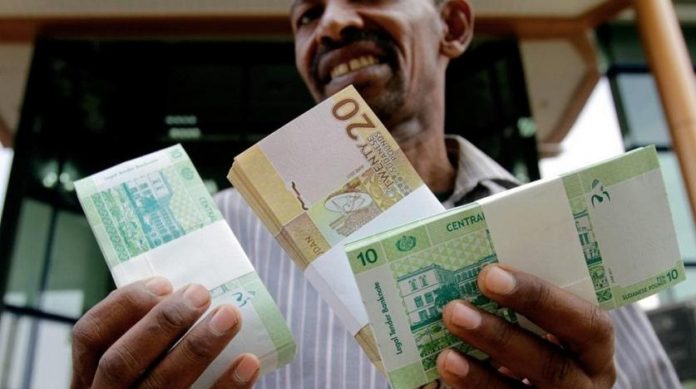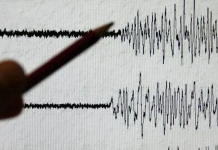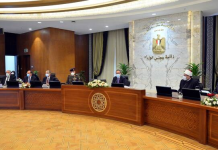KHARTOUM: Sudan’s central bank sharply devalued the currency on Sunday, announcing a new regime to “unify” official and black-market exchange rates in an effort to overcome a crippling economic crisis and access debt relief.
The change is a key reform demanded by foreign donors and the International Monetary Fund (IMF), but was delayed for months as shortages of basic goods and rapid inflation complicated a fragile political transition.
The central bank set the indicative rate at 375 pounds to the dollar, several commercial banking sources said, from a previous official rate of 55 pounds. Recently, the dollar traded at between 350 and 400 Sudanese pounds on the black market.
The central bank will set a daily indicative rate in a “flexible managed float”, a circular sent to banks said. Banks and exchange bureaus are required to trade within 5% above or below that rate.
The circular also set a profit margin between buy and sell prices of no more than 0.5%.
Sunday’s move had been expected late last year under an IMF staff monitoring programme that could lead to relief on Sudan’s estimated $60 billion in foreign debt, but was held up by political uncertainty.
As well as paving the way for debt relief, the devaluation would help stabilize the currency, reduce smuggling and speculation, and attract remittances from Sudanese working overseas, the central bank said in a statement.
It comes two weeks after Prime Minister Abdalla Hamdok appointed a new government to include rebel groups that signed a peace deal in October.
Hamdok is serving under a joint military-civilian council that took power after the overthrow of veteran autocrat Omar al-Bashir in April 2019.
The success of the transition is seen as crucial to stability in a volatile region, as Sudan emerges from decades of international isolation.
However, an economic crisis that triggered mass protests against Bashir has continued, marked by shortages of fuel, bread and electricity. Annual inflation has accelerated to more than 300%, one of the world’s highest rates.
Unusually violent protests that authorities blamed on ex-regime loyalists broke out in several regions early this month.
Some economists said they expected the impact of devaluation on inflation to be limited because almost all transactions were already being carried out at the black market rate.

















